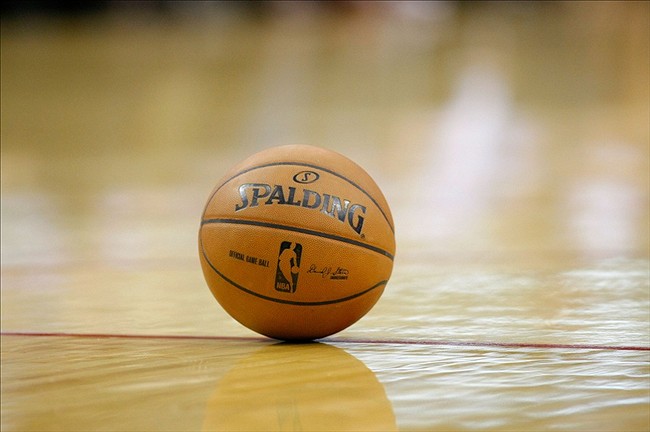Mizzou Won’t Commit To Big 12, Still Looking At SEC
http://www.kansascity.com/2011/09/22/3161236/sec-still-in-missouris-sights.html
Not only did MU chancellor Brady Deaton and athletic director Mike Alden decline to confirm the university’s commitment in the long or short term to the Big 12, the Tigers’ interest in the Southeastern Conference is very much alive.
“We either stick in the Big 12 because everything came about the way it needs to, the right way, with all the differences being settled in Missouri’s favor,” a university administrator who asked not to be identified told The Star on Thursday night. “But what are the odds of that happening?
“The other option is to join another conference and I believe that is something that we’re very open to.”
The Star first reported earlier this week that Missouri had an informal offer from the Southeastern Conference to join should the Big 12 not remain a viable home.
In a brief news conference in a first-floor room at Jesse Hall on Thursday night, Deaton said that as chairman of the Big 12 Board of Directors he was intent on making needed changes to the conference. But Deaton stressed he was first responsible to the University of Missouri.
When asked if falling short of those changes that Missouri might exit the Big 12, Deaton said:
“That’s again a hypothetical that could occur. In a sense anything is possible. That’s all recognized and that’s what has led to the discussions that we’ve had over the last several weeks.”
When asked about the SEC, Deaton said that was another hypothetical and he wouldn’t elaborate further.
Asked if the SEC was still in play, the administrator, who contacted The Star, said: “You will not look stupid by insinuating that.”
The mood in Columbia contrasted starkly with a news conference held around the same time by Oklahoma president David Boren, athletic director Joe Castiglione, football coach Bob Stoops and other officials in Norman.
There, Boren detailed the desire to reach agreement on all nine schools granting their first- and second-tier TV rights to the Big 12 for a six-year period and stated there was conference-wide unity in that effort.
Under the plan, each school’s revenue for its games broadcast on ABC/ESPN, the Big 12’s first-tier TV rights holder, and Fox Sports Net, the second-tier rights holder, would go to the Big 12 for equal distribution.
“These are very strong handcuffs,” Boren said. “When you grant your rights it’s very unlikely you would receive an invitation to another conference.”
Deaton also acknowledged the board was pursuing revenue sharing and also said an expansion committee was reactivated, a move that opens the way for what would be a nine-member conference next school year to add members, perhaps up to a restoration of 12 teams.
“As chair,” he said, “I was asked to form a special working group to address a variety of other issues to further strengthen conference stability.”
Deaton was asked why fans should believe the Big 12 could unify after the departures of Nebraska and Colorado last year, Texas A&M next year, and with Oklahoma, Oklahoma State, Texas Tech, Texas and Missouri speculated for possible departure to other conferences.
“We know there’re a number of specific issues to be addressed,” Deaton said, “and I think the public generally is aware of what a number of those are.
“Be assured that there will be a working group immediately set in motion to address that range of issues.”
Deaton would not respond to a question about what concessions the University of Texas may or may not make in the areas of revenue sharing. Texas’ $247 million Longhorn Network venture with ESPN falls under third-tier rights, which are not shared, and has caused concern among coaches because it planned to show high school football games.
Asked again if Deaton was prepared to make a statement that Missouri would remain in the Big 12 for the foreseeable future, Deaton said:
“The University of Missouri is going to continue to work for what is best for the University of Missouri.
“We have seen that aligned with the Big 12 Conference.”
The Missouri administrator who asked not to be identified told The Star that Deaton’s statement should be construed as less than an unconditional commitment to the Big 12 at this time.
As Deaton left the room, Alden took questions in the hall of the school’s administration building for a little over seven minutes.
Hit right away with the question of whether Missouri was committed long term to staying in the Big 12, Alden said he would not attempt to speak for Deaton.
On Wednesday, in an interview on KFNS radio in St. Louis, Missouri football coach Gary Pinkel criticized the Big 12 for not fixing the problems that have thrown the league’s viability into question for the last year and a half.
“In my opinion, it’s going to go on and on and on and it’s not a whole lot of fun to be part of it,” Pinkel said, adding that the situation was “embarrassing.”
“His term was embarrassing, mine was its challenging, it’s troubling,” Alden said. “You don’t want your league out there being talked about the way that the Big 12 had been talked about for the last two weeks, three weeks, year, year and a half.”
Alden also addressed Missouri and other schools in the Big 12 having spoken to other conferences.
“Over the course of the last several months, or month … people were calling people all over the country …,” he said.
“It’s almost like recruiting. If you’re a pretty good student athlete, people kind of know who you are. … For us, like Brady said and probably everybody else in the country, the issue there was just talking to people and getting pulses on things.”







